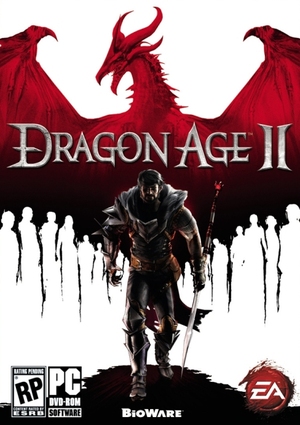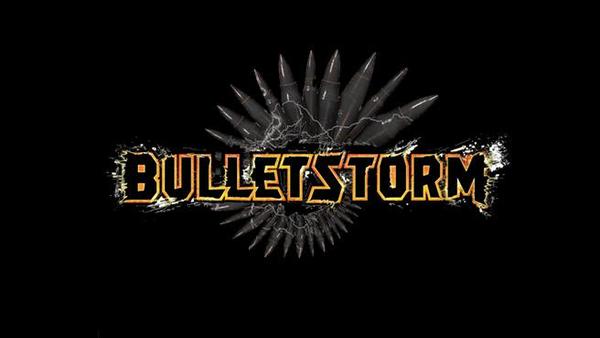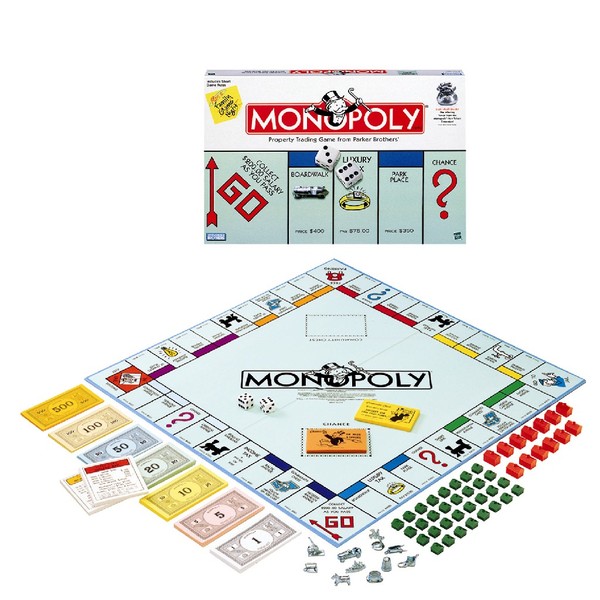Dragon Age II Review - A heartbreaking misfire
 Tue, March 29, 2011 at 7:06 PM
Tue, March 29, 2011 at 7:06 PM  There is no worse feeling a game can induce upon a poor, unsuspecting player than that of disappointment. Dragon Age II is guilty of this worst of gaming sins. It steps forward into the spotlight with a confident stride only to reveal hours later the moldy, rotting core lying within. Terrible games are easy to dismiss. Great games are easy to recommend. Those like Dragon Age II prove difficult, offering glimmers of hope bright enough to make me truly mourn the loss of what could have been.
There is no worse feeling a game can induce upon a poor, unsuspecting player than that of disappointment. Dragon Age II is guilty of this worst of gaming sins. It steps forward into the spotlight with a confident stride only to reveal hours later the moldy, rotting core lying within. Terrible games are easy to dismiss. Great games are easy to recommend. Those like Dragon Age II prove difficult, offering glimmers of hope bright enough to make me truly mourn the loss of what could have been.
Dragon Age II is proof that even the best writer can have an off day.
Anyone coming into this game because of Bioware’s illustrious pedigree will find it curiously below par. Some of its shortcomings can be written off as bold attempts to do something different than the studio’s norm. They may not have worked, but perhaps they can at least be excused in the name of attempting the unexpected. Far less justifiable are those failures that come where this group of talented developers should be strongest; those that let its audience down precisely where it is expected to be at its best.
To begin, let us examine the setting. A more generous mind could perhaps label Kirkwall as “intimate”. I think “small” is more accurate.
 2,
2,  aveline,
aveline,  bioware,
bioware,  da2,
da2,  dragon age,
dragon age,  ea,
ea,  electronic arts,
electronic arts,  hawke,
hawke,  merrill,
merrill,  misfire,
misfire,  review in
review in  Reviews,
Reviews,  Video Games
Video Games 




